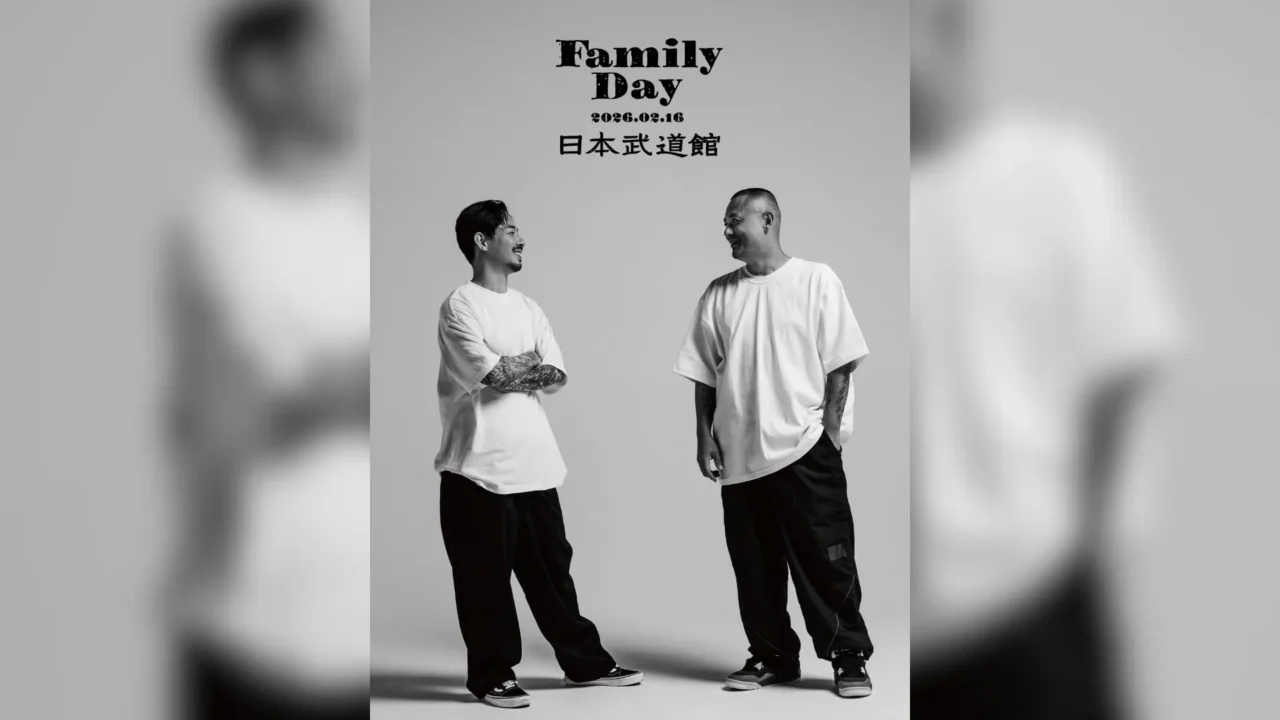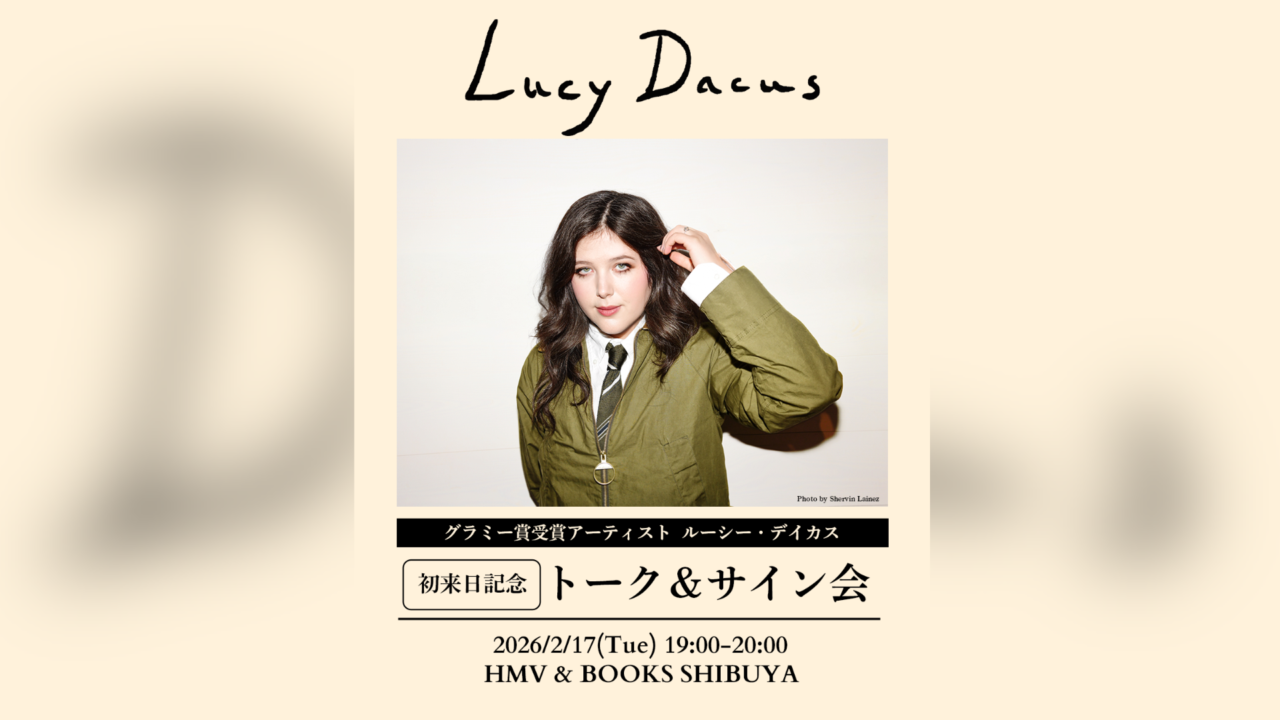INDEX
A Fresh Presentation of Indigenous Taiwanese Language
Do you think many people who speak Taiwanese share this recognition of being able to express their identity through the language?
Weni:It might be hard to imagine from Japan, but Taiwan is a small country where multiple ethnicities and languages coexist. Each person carries a part of ‘Taiwanese culture,’ and there isn’t necessarily a right or wrong. In musical terms, it’s somewhat like a band where various instruments come together to create one sound [laughs].

I imagine that as values become more diverse, Sorry Youth has faced challenges in gaining empathy and growing as a band. Given the concern that focusing solely on the preservation of indigenous culture might limit your audience, what direction are you aiming for as a rock band?
Giang Giang: We are constantly thinking about blending Taiwanese rock music with modern music genres to create new sounds. In this album, Noise Apartment, we combined trip-hop and synthwave with Taiwanese lyrics. With the addition of Olivia Tsao and Eno Chen’s vocals, I think we achieved a fresh sound.
Chung-Han: We’re always considering how to present Taiwanese language as something new. When using words that were born long ago in new music, we keep experimenting with different ways to tell a story.
Weni: Beyond just the lyrics, we always want to take on new challenges. When I have the time, I make it a point to go to live houses without looking at the lineup, so I can gather new inspiration. The concert we held at the Taipei Music Center in August was the largest venue we’ve ever played, and it was a valuable opportunity to show our growth to many people. However, we are also considering different forms of live performances and expressions for the future.























